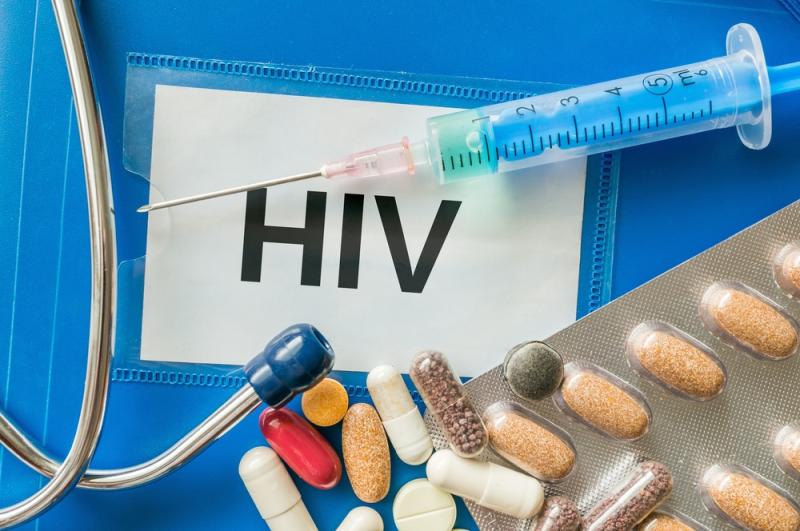HIV services disrupted by strict measures against COVID‐19





Access to HIV prevention and treatment services has decreased considerably due to more stringent measures implemented by governments across the globe in response to the novel coronavirus disease (COVID-19) pandemic, according to the results of a study presented at the 23rd International AIDS Conference (AIDS 2020).
“Globally, the coronavirus pandemic has necessitated a range of population‐based measures in order to stem the spread of infection and reduce COVID‐19 morbidity and mortality,” the researchers said, noting how such strategies might lead to disruptions to other health services including for gay men and other men who have sex with men (MSM) at risk for or living with HIV.
To address this concern, a survey was conducted by the gay social networking app, Hornet, from 16 April 2020 to 4 May 2020 as part of a COVID-19 disparities study. The researchers assessed data for countries where at least 100 participants completed the survey, including Brazil, France, Indonesia, Mexico, Taiwan, Turkey, UK, and the US.
Mixed-effects models with clustering by country were used to examine the association between the stringency of COVID-19 mitigation strategies and HIV-service engagement. Stringency was measured using the Oxford Government Response Tracker Stringency Index, with each country getting a score (0–100) based on the number and strictness of nine indicators related to school and workplace closures and travel bans.
A total of 1,929 participants completed the survey (median age, 36 years; interquartile range, 28–47 years), of whom 246 (13 percent) are living with HIV. The median stringency score of government response was 70.7, ranging from 29.36 in Taiwan to 89.41 in France. [AIDS 2020, abstract OAELB0104]
Increasing stringency of response resulted in reduced access to HIV services for each indicator of prevention. In addition, for every one-point increase in stringency, a 4-percent reduction in the odds of access to in-person testing, as well as a 3-percent decrease in the odds of access to self-testing, to pre-exposure prophylaxis (PrEP), and to condoms, was observed.
On the other hand, those living with HIV who have a health insurance, whether government (adjusted odds ratio [aOR], 4.86, 95 percent confidence interval [CI], 1.58–14.9) or private (aOR, 4.47, 95 percent CI, 1.45–13.8), were more likely to get access to antiretroviral treatment.
“Innovative strategies, like mobile‐service delivery or telehealth, may be needed to minimize the service interruptions from these types of government responses on MSM communities and ensure continuity of care,” the researchers said.
A recent study by Santos and colleagues supported these findings, highlighting the negative impact of the COVID-19 pandemic on gay men and other MSM’s access to HIV treatment and prevention services, as well as its economic consequences and impact on mental health status in this population. [AIDS Behav 2020;doi:10.1007/s10461-020-02969-0]
“[I]t is imperative to expand efforts to mitigate the reductions in access to HIV prevention, testing, treatment, and care services observed in this study, particularly among racial minority gay men and other MSM, immigrant gay men and other MSM, and gay men and other MSM who engage in sex work,” the authors said.